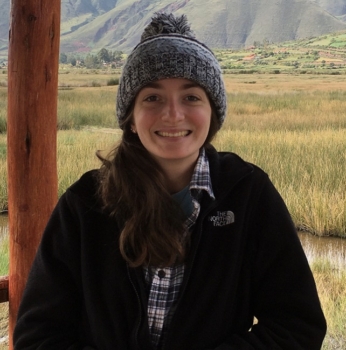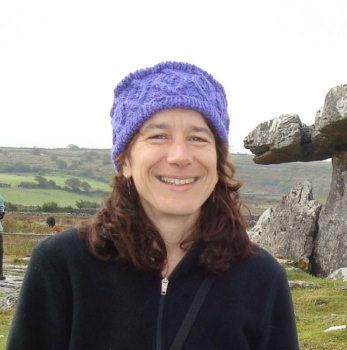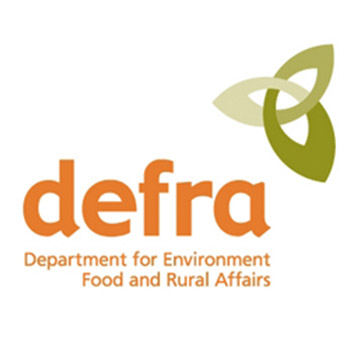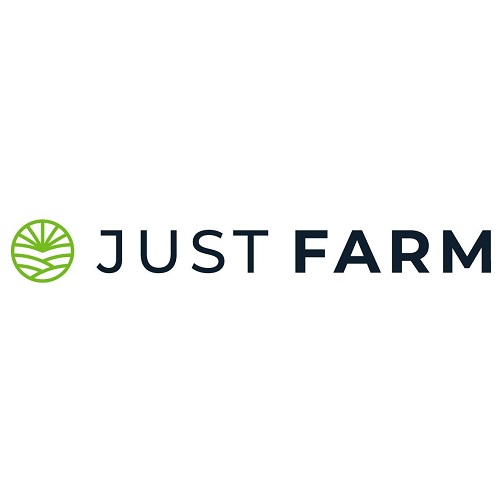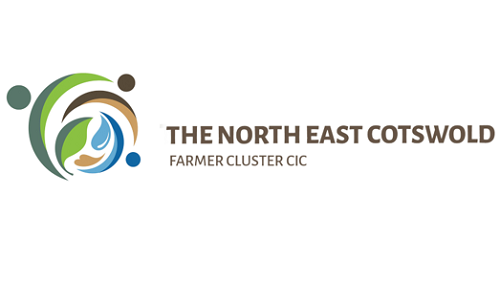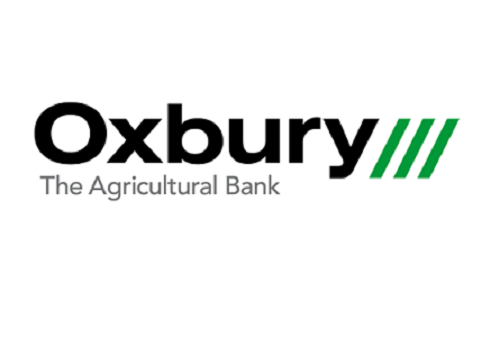Evenlode Landscape RecoveryProject
Lead by the North East Cotswold Farming Cluster and funded by DEFRA as apart of the Environmental Land Management schemes, the project aims to expedite the transition to a financially and environmentally sustainable farming system through nature recovery efforts.
The UK’s natural landscapes and environment face unprecedented threats.
While agricultural land blankets approximately 70% of the UK, until now, farmers lacked a clear path to engage in meaningful environmental restoration while sustaining food production. Landscape recovery offers a different path, and a bespoke landscape recovery plan, crafted and spearheaded by farmers, is even more promising. The Evenlode Landscape Recovery project-lead by the North East Cotswold Farming Cluster (NECFC), funded by DEFRA as one of the current ELM schemes, and partnered with the Leverhulme Center for Nature Recovery among others, is a broad collective of innovative farmers across the Cotswolds who believe that farming, combined with the restoration of natural landscapes, is the future. By restoring landscapes, nurturing wild habitats, enhancing soil health, and cleansing waterways on a grand scale, farmers will be at the forefront of mitigating the impacts of climate change without sacrificing food production.
Within the Evenlode Landscape, we are developing profiles of floral and invertebrate biodiversity across several farms. This feeds into our LCNR-funded project “stress-testing the biodiversity metric using DNA metabarcoding” in which we are assessing how well valuations made under Biodiversity Net Gain (BNG) reflect real world measures of invertebrate biomass, richness, and community composition. To achieve this, we are using pitfall traps to sample beetle, spider, and other ground invertebrates, which are then identified using DNA metabarcoding technology. The project will also give farmers in the NECFC data on invertebrate diversity on their sites and biodiversity uplift potential under BNG.
With an over-twenty-year lifespan for the project, the Evenlode Landscape Recovery project will offer an opportunity to plan, enact, and monitor long-term, large-scale landscape restoration across the Evenlode catchment.


